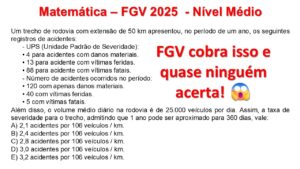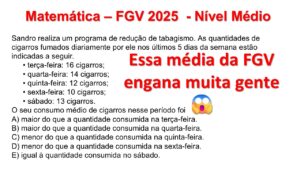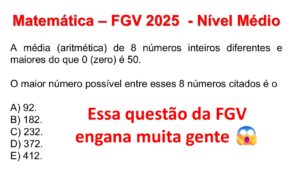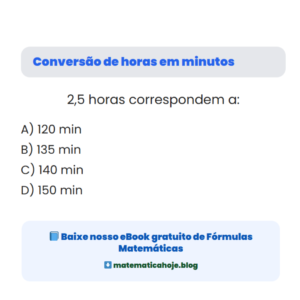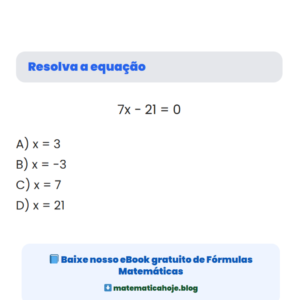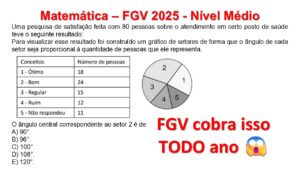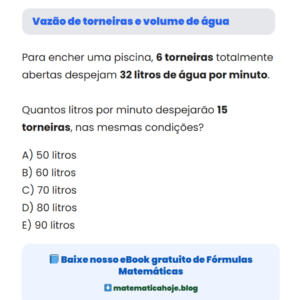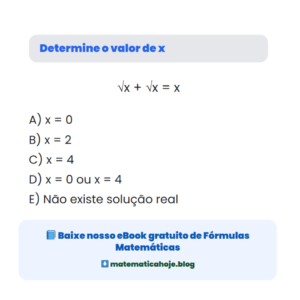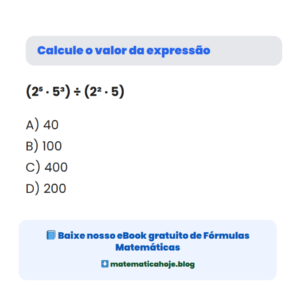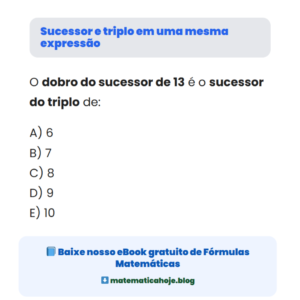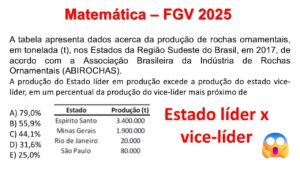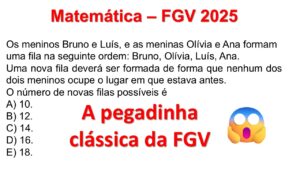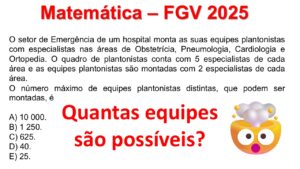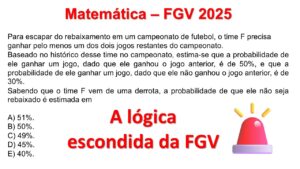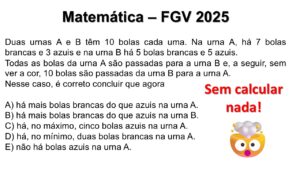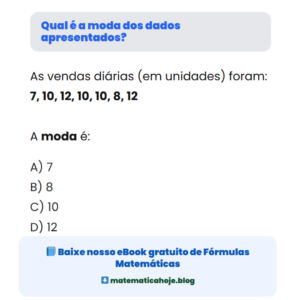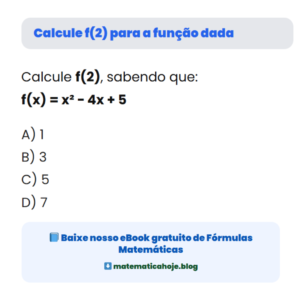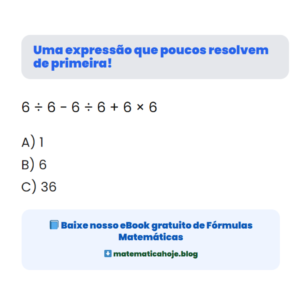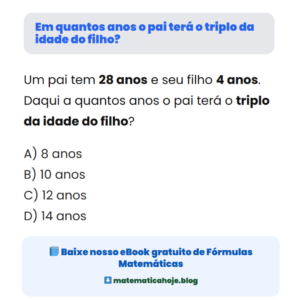ITA 2023 — 1ª Fase — Questão 41 — Funções Reais
Sejam \(f\) e \(g\) funções reais definidas da seguinte forma:
\(f(x) = 3^{2x}\) e \(g(x) = 3^x – 2^x\).
Considere as afirmações:
I. \(g(x) \ge 0\), para todo \(x \in \mathbb{R}\).
II. \(f(x) \ge g(x)\), para todo \(x \in \mathbb{R}\).
III. \(f(x) + g(x) \ge 0\), para todo \(x \in \mathbb{R}\).
É (são) sempre verdadeira(s):
a) apenas I. b) apenas II. c) apenas III. d) todas. e) nenhuma.
\(f(x) = 3^{2x}\) e \(g(x) = 3^x – 2^x\).
Considere as afirmações:
I. \(g(x) \ge 0\), para todo \(x \in \mathbb{R}\).
II. \(f(x) \ge g(x)\), para todo \(x \in \mathbb{R}\).
III. \(f(x) + g(x) \ge 0\), para todo \(x \in \mathbb{R}\).
É (são) sempre verdadeira(s):
a) apenas I. b) apenas II. c) apenas III. d) todas. e) nenhuma.
👀 Solução passo a passo
I. Analisando \(g(x) \ge 0\):
Para \(x = -1\): \(3^{-1} < 2^{-1}\), logo \(g(-1) < 0\). Portanto, I é **falsa**.
II. Analisando \(f(x) \ge g(x)\):
1) \(f(x) > 0\) para todo \(x \in \mathbb{R}\).
2) Se \(x \le 0\), \(g(x) \le 0 \Rightarrow f(x) \ge g(x)\).
3) Se \(x > 0\), comparamos \(h(x) = 3^x\):
\(2^x \ge 0 \Rightarrow -2^x \le 0 \Rightarrow 3^x – 2^x \le 3^x\), ou seja, \(g(x) \le h(x)\) e \(h(x) = 3^x \le 3^{2x} = f(x)\).
Logo, \(f(x) \ge g(x)\) para todo \(x\). II é **verdadeira**.
III. Analisando \(f(x) + g(x) \ge 0\):
Para \(x = -1\):
\(f(-1) = 3^{-2} = \frac{1}{9}\), \(g(-1) = 3^{-1} – 2^{-1} = \frac13 – \frac12 = -\frac16\).
Somando: \(\frac19 – \frac16 = -\frac{1}{18} < 0\).
Portanto, III é **falsa**.
Para \(x = -1\): \(3^{-1} < 2^{-1}\), logo \(g(-1) < 0\). Portanto, I é **falsa**.
II. Analisando \(f(x) \ge g(x)\):
1) \(f(x) > 0\) para todo \(x \in \mathbb{R}\).
2) Se \(x \le 0\), \(g(x) \le 0 \Rightarrow f(x) \ge g(x)\).
3) Se \(x > 0\), comparamos \(h(x) = 3^x\):
\(2^x \ge 0 \Rightarrow -2^x \le 0 \Rightarrow 3^x – 2^x \le 3^x\), ou seja, \(g(x) \le h(x)\) e \(h(x) = 3^x \le 3^{2x} = f(x)\).
Logo, \(f(x) \ge g(x)\) para todo \(x\). II é **verdadeira**.
III. Analisando \(f(x) + g(x) \ge 0\):
Para \(x = -1\):
\(f(-1) = 3^{-2} = \frac{1}{9}\), \(g(-1) = 3^{-1} – 2^{-1} = \frac13 – \frac12 = -\frac16\).
Somando: \(\frac19 – \frac16 = -\frac{1}{18} < 0\).
Portanto, III é **falsa**.
Resposta: Apenas II é verdadeira — Alternativa **B**

